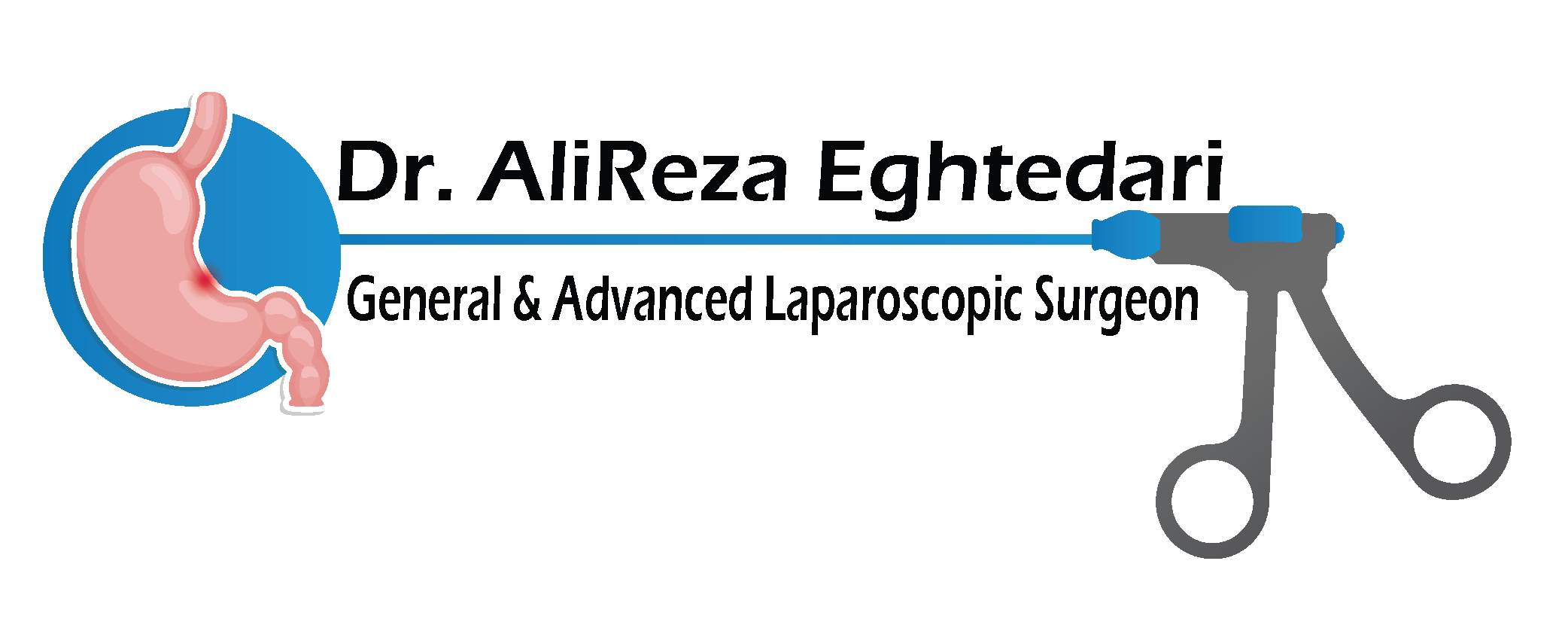In the realm of surgical interventions, hernia surgery stands as a crucial procedure, addressing a condition that affects millions worldwide. A hernia occurs when an organ or tissue pushes through a weak spot in the surrounding muscle or connective tissue, resulting in a noticeable bulge. While hernias can occur in various parts of the body, the abdominal region is particularly susceptible. The significance of hernia surgery lies not only in alleviating discomfort and pain but also in preventing potential complications that may arise if left untreated. In recent times, laparoscopic hernia surgery has gained prominence for its minimally invasive approach, offering quicker recovery times and reduced postoperative pain. For those seeking the best laparoscopic hernia surgery doctors in Dubai, the name that resonates with expertise and excellence is Dr. Ali Reza Eghtedari.
Understanding the Importance of Hernia Surgery
Hernias, though common, should not be underestimated. Left untreated, they can lead to severe complications, such as incarceration or strangulation, where the blood supply to the herniated tissue is compromised. Hernia surgery becomes imperative to repair the weakened muscle or tissue and prevent further protrusion. Traditional open surgeries have been the conventional method for hernia repair, but with advancements in medical technology, laparoscopic surgery has emerged as a preferred option.
Laparoscopic hernia surgery involves making small incisions through which a camera and specialized instruments are inserted, allowing the surgeon to view and repair the hernia. This minimally invasive technique not only reduces the risk of infection but also promotes a faster recovery, enabling patients to resume their daily activities sooner.
Dr. Ali Reza Eghtedari: Pinnacle of Laparoscopic Hernia Surgery in Dubai
When it comes to seeking the best laparoscopic hernia surgery doctors in Dubai, Dr. Ali Reza Eghtedari stands out as a beacon of expertise and compassion. With a stellar reputation in the field of general and laparoscopic surgery, Dr. Reza has become synonymous with surgical excellence in the United Arab Emirates.
Boasting an extensive background in laparoscopic procedures, Dr. Ali Reza Eghtedari has consistently demonstrated a commitment to providing state-of-the-art healthcare with a patient-centric approach. His proficiency in diagnosing and treating various types of hernias, coupled with a dedication to staying abreast of the latest advancements in surgical techniques, makes him a trusted choice for individuals seeking top-notch care.
Patients who have undergone laparoscopic hernia surgery with Dr. Reza often praise his meticulous approach and personalized care. His ability to explain complex medical concepts in a clear and understandable manner fosters a sense of trust and confidence in his patients. Moreover, his emphasis on postoperative care ensures a smooth recovery journey for those under his expert care.
Why Choose Laparoscopic Hernia Surgery?
The decision to undergo laparoscopic hernia surgery is often driven by a desire for a quicker recovery and reduced postoperative discomfort. The small incisions used in laparoscopic procedures result in minimal scarring, and patients typically experience less pain compared to traditional open surgeries. Additionally, the shorter hospital stays associated with laparoscopic surgery contribute to a faster return to normal activities, making it an attractive option for individuals with busy lifestyles.
The Conclusion
In conclusion, the importance of hernia surgery cannot be overstated, and for those seeking the best laparoscopic hernia surgery doctors in Dubai, Dr. Ali Reza Eghtedari stands as a paragon of excellence. His commitment to utilizing cutting-edge techniques in a patient-focused manner sets him apart in the realm of surgical expertise. As individuals prioritize their health and well-being, the choice of a skilled and compassionate surgeon like Dr. Ali Reza Eghtedari ensures a path to recovery that is both efficient and tailored to the unique needs of each patient.
